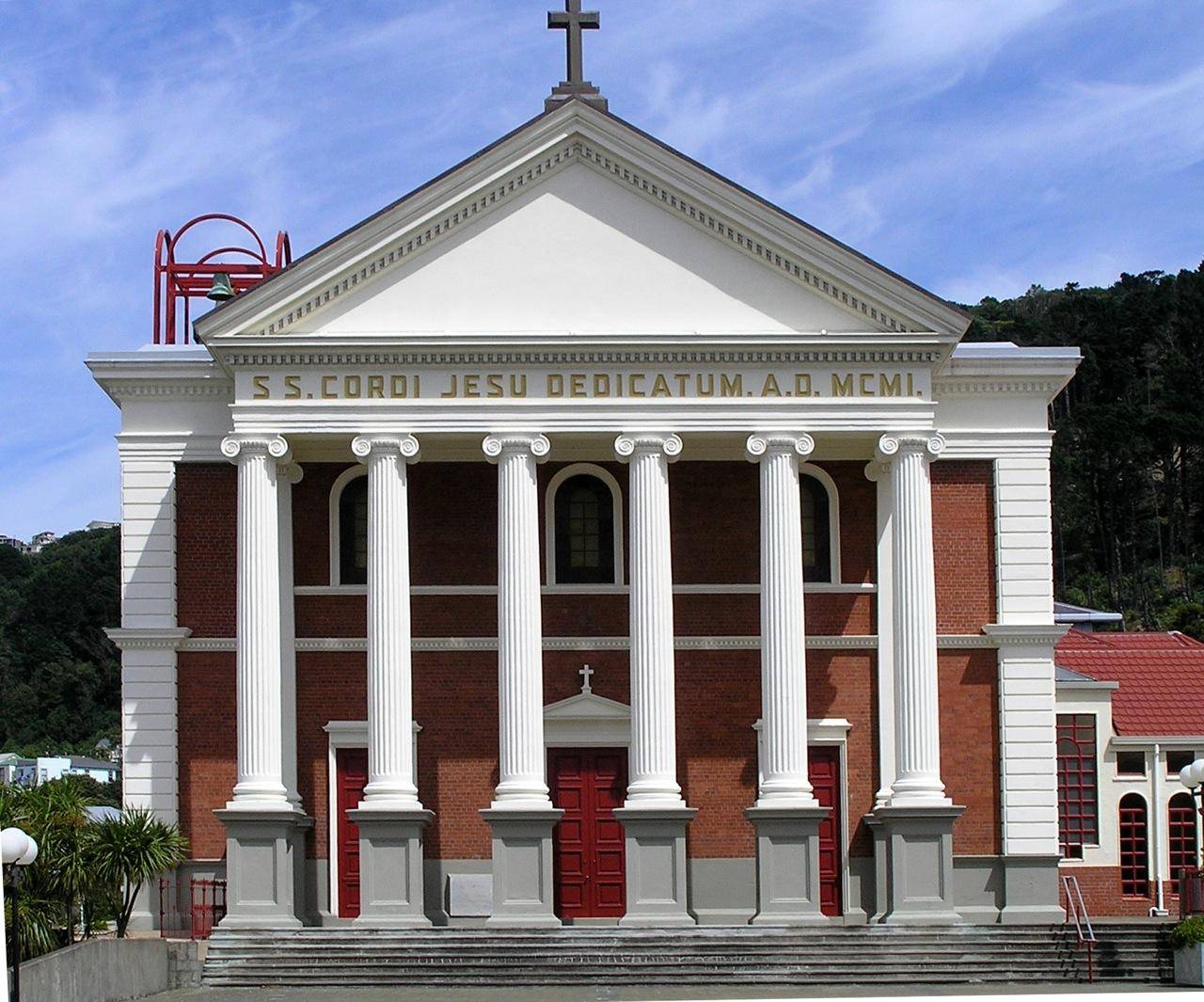As the Catholic Church continues is synodal process ahead of the Synod of Bishops meeting in October, the Church in Oceania acknowledged “tensions” in a region includes both developed and developing countries.
The bishops of the region met in Fiji for the quadrennial assembly of the Federation of Catholic Bishops Conferences of Oceania in February, and spent part of that gathering considering the region’s response to the Synod’s Working Document for the Continental Stage, and the response was published on April 13.
The Federation of Catholic Bishops Conferences of Oceania comprises the episcopal conferences of Australia, New Zealand, Papua New Guinea and the Solomon Islands, and the Pacific. The Episcopal Conference of the Pacific (CEPAC) includes Cook Islands, Fiji, French Polynesia, Guam, Kiribati, Marshall Islands, Micronesia, New Caledonia, Northern Mariana Islands, Samoa, Tonga, Tuvalu, Vanuatu and Wallis and Futuna. The region’s Eastern Catholic Churches (ECC) also participated.
Among the “tensions” identified in the document were different attitudes toward those with diverse experiences of sexuality and gender in the region; the roles of women in the Church; and views about the possibility of change in Church teaching.
“Some voices in the responses call for change in Church teaching, according to a ‘dying and rising’ cycle (New Zealand, 52-56). Others asserted the need to retain teaching and provide formation in unchanging Church teaching of the present (ECC, 18),” the document stated.
“In some areas of the region, the wounds of sexual abuse within the Church are not as much to the fore: ‘The scandal of sexual abuse by the clergy and abuse of minors … is a growing issue of concern. Although there are a few abuses, the scandals do not greatly affect the faith of the people yet’ (PNG/SI, 3.1). In other areas, the scandal is clear and public. The ongoing wound for the whole Church, not only those of the victims and survivors of abuse but also their families and parish communities and other clergy, needs attention directed toward ongoing healing,” it continued.
The document also acknowledged a tension in understanding the issue of inculturation, where a local Church adopts local customs and cultural expressions.
“Some regard the traditions of the universal Church as a kind of imposition on local culture, and even a form of colonialism. Others consider God present in every culture so that every culture already expresses Christian truths. Another view is that Christians cannot adopt and adapt some pre-Christian cultural practices. For instance, when a priest takes on the symbolism of the chief of a village, the priest becomes a symbol of power rather than of service (Pacific),” it said.
The Oceania document also identified gaps within the Working Document for the Continental Stage issued by the Vatican.
It said not enough attention was given to the ecological crisis, including the threat of rising seas and environmental and marine degradation in Oceania, also being experienced in other parts of the world.
It also noted that religious life, including the contribution of religious men and women and the exemplar of relevant spiritualities, good governance and shared leadership in many of the religious institutes warrants further reflection.
It called for greater acknowledgement of the vocation of marriage and the role of families in faith formation.
The Oceania document also said the ongoing effects of the sexual abuse crisis have not received adequate attention in the Working Document for the Continental Stage.
“During the life of the synodal journey launched by Pope Francis in April 2021, there have been further damaging revelations of mishandling of sexual abuse cases within the Church. This needs to be acknowledged, alongside a reflection on whether existing Church structures impede or enable adequate safeguarding, good governance and fair redress. For some parts of Oceania and more broadly, this would also include a positive recognition of the efforts in local churches to improve professional standards and safeguarding,” it said.
The Oceania Church also said beginning- and end-of-life issues such as abortion and euthanasia need greater attention, as well as the growing restrictions on religious liberty.
“We do not want to build a different Church, but rather to renew and revitalize the Church which we love,” the Oceania bishops said.
“This renewal and revitalization will begin with personal conversion, and it will also find communal and structural expression. A renewed and synodal Church seeks not to leave anyone behind. In such a Church we will walk together, loving one another.”















